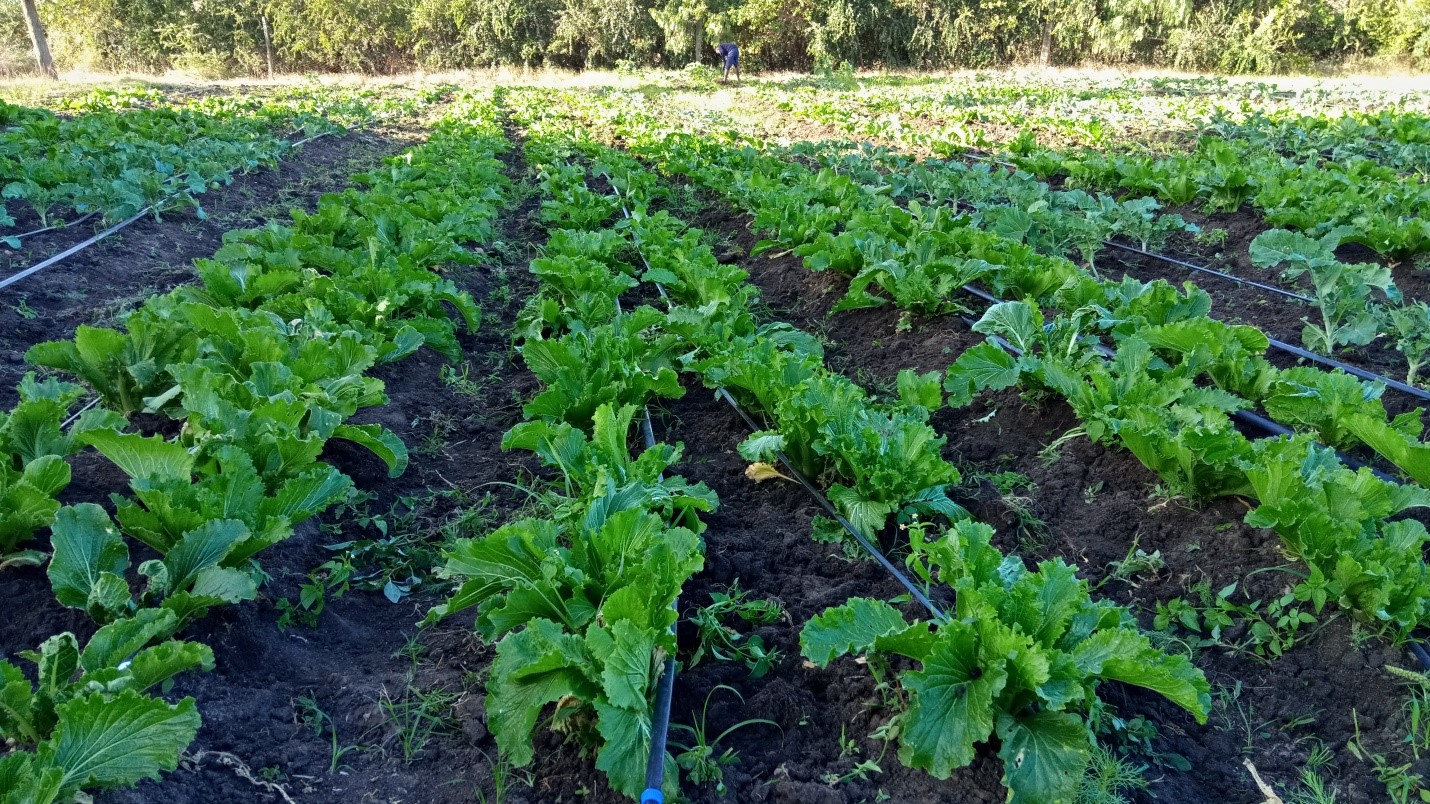PROJECT #136
Project #136 | Beekeeping for Secondary School in Tanzania
Our partnership with Pastoral Women’s Council
In 2006, a council of Maasai elders in Loliondo, Tanzania, appointed Pastoral Women’s Council (PWC) to manage a community school called Emanyata Secondary School (ESS). ESS is located in the village of Ololosokwan, bordering the Serengeti National Park. As a community, non-state run school, ESS has the freedom to admit more typically disadvantaged students, many of whom have not been accepted to local government schools. Historically, ESS was funded by eight villages east of Serengeti National Park. These villages generated considerable income from entering into direct contracts with tourism companies. Over 30% of these revenues were used for sponsoring children from these villages, with most of these children sent to ESS. In 2008 the government changed tourism regulations and all tourist companies were directed to pay the revenue directly to the National Treasury. This led to lots of children dropping out of private school, while some joined government schools where the education standards are lower. This problem was exacerbated by a drought which hit the region in 2009. Since then the community has been unable to provide regular funding to ESS.
In response to the above challenges, One Day’s Wages partnered with Pastoral Women’s Council (PWC) to fund 20 modern beehives that were hung around the acacia tree forest surrounding ESS, along with honey processing equipment. Additionally, PWC installed a drip irrigation system in the school garden. The drip feed irrigation system managed to provide fresh vegetables directly to people at the school. It also allowed for villagers living near the school to purchase these vegetables at an affordable price. The drip feed irrigation ensured constant availability of food, and thus ensured food security to the students at the school. Vegetable and honey sales have provided essential income to school finances. A total of seven people were trained on irrigation and beehive maintenance to ensure the sustainability of the project.
Our collective impact
People Impacted
Acres of Irrigation System Installed
People Trained on Irrigation System & Beehive Maintenance
Meet Somoine
Somoine, the headmistress for Emanyata Secondary, explains how the project has evolved to be a turnaround strategy for the school. “This project changed the way we think about gardening and vegetable production. The project increased the amount of vegetable substituted into the student’s food and therefore reduced food expenses.”
Generally, before the introduction of the drip feed in the garden we were producing so few vegetables that they were consumed within a few weeks. The establishment of these two projects have completely changed the mindset, approach and practices associated with gardening and beekeeping in our school and with the surrounding community. We have evolved into being not only gardeners and beekeepers but also the center of knowledge sharing and professional advice.
Thank you for making this possible!
Our movement is grassroots, to us that not only means the work on the ground is led by local leaders with the support of the community, but it also means that we raise the funds for our projects through everyday donors just like you. In addition to all the donors that gave $25, $100, or $250 and the campaigners that ran a race or donated their birthday to raise funds, we also want to thank our generous business, school, and faith sponsors who believed in our work and joined the movement.
If you want to support future projects like this you can make a donation to our global hunger fund.
LEARN
Leadership
Transparency
Read the Latest
Contact Us
COLLABORATE
Faith Groups
Schools
Businesses
Get Involved
One Day’s Wages exists to alleviate extreme poverty by investing in, amplifying, and coming alongside locally led organizations in underserved communities.
©2025 One Day's Wages is a registered 501(c)(3) organization | Tax ID #26-2566653 | Privacy policy | Terms of use
P.O. BOX 17575 Seattle, WA 98127 | Contact us



